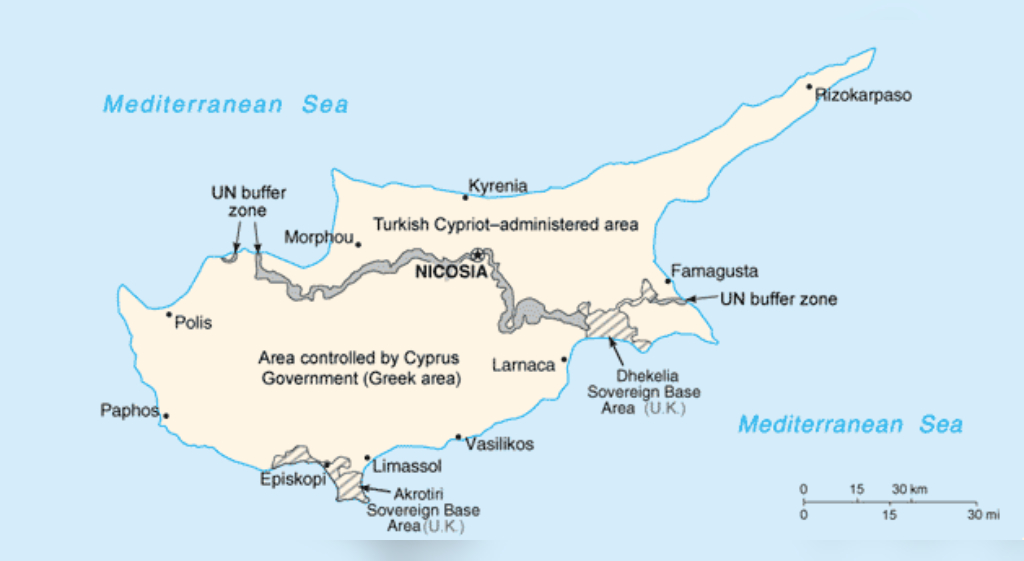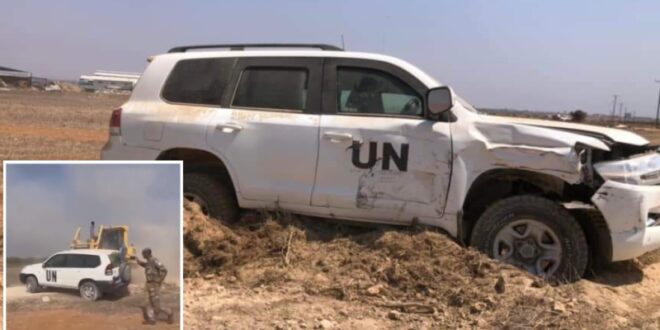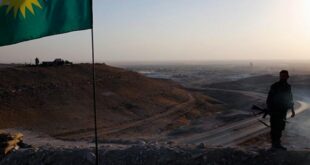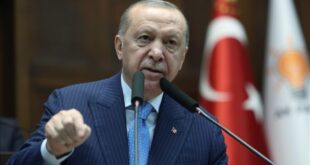The Mediterranean island of Cyprus, already fraught with geopolitical complexities, is once again thrust into the global spotlight due to a recent incident involving Turkish Cypriot forces assaulting United Nations (UN) peacekeepers who attempted to halt unauthorized road construction within the buffer zone that divides the island.
This altercation raises concerns about the fragile peace on the island, challenges the legitimacy of the Turkish military presence, and highlights the ongoing conflict between the internationally recognized Republic of Cyprus and the breakaway Turkish Cypriot statelet. This analysis delves into the historical context, political dynamics, and potential implications of this alarming event.
Cyprus Dispute: The Historical Context
Cyprus, a strategically located island in the eastern Mediterranean, has been divided since 1974 when Turkish forces intervened in response to a Greek-backed military coup. This intervention resulted in the partition of the island into the Republic of Cyprus in the south and the self-proclaimed Turkish Republic of Northern Cyprus (TRNC) in the north, recognized only by Turkey. The buffer zone, patrolled by UN peacekeepers since the collapse of the last round of talks in 2017, separates these two entities and is technically under the jurisdiction of the Republic of Cyprus.

UN Peacekeepers Assaulted: A Dangerous Escalation
The recently reported assault on UN peacekeepers highlights the intensifying tensions in the buffer zone. The UN mission had previously issued warnings against unauthorized construction activities in this sensitive area. However, Turkish Cypriot forces proceeded with building a road that encroached on the buffer zone near the village of Pyla, where Greek and Turkish Cypriots coexist. The confrontation led to UN personnel being assaulted, UN vehicles damaged, and accusations of organized incidents by Turkish occupying forces.
This assault is a serious violation of international norms and the UN’s authority, underscoring the rising challenges to maintaining peace and stability on the island. Such incidents could potentially undermine the credibility of UN peacekeeping efforts and further destabilize the region.
Political Implications
The Republic of Cyprus and the international community view the Turkish military presence in the region since 1974 as an illegal occupation. The buffer zone is considered territory under the sovereignty of the Republic of Cyprus, making the road construction a violation of that sovereignty. This event also draws attention to the contrasting goals of the two sides. While the Turkish Cypriot authorities argue that the road project is intended to provide humanitarian access for residents, it is seen by the Republic of Cyprus as an attempt to change the status quo and solidify control over contested areas.
The United Nations Peacekeeping Force in #Cyprus (#UNFICYP) condemns the assaults against UN #peacekeepers and damage to @UN vehicles by personnel from the Turkish Cypriot side this morning.
Read full statement here: https://t.co/awfxpgY1Et pic.twitter.com/YtK7QW2bbN
— UN Cyprus (@UN_CYPRUS) August 18, 2023The European Union (EU) and major global powers like Britain, France, and the United States have condemned the incident, aligning with the Republic of Cyprus. The EU’s involvement highlights the broader international interest in preventing escalations that could disrupt regional stability.
Stalled Reunification Efforts
Efforts to reunify Cyprus have faced repeated setbacks. As mentioned, the last round of UN-backed talks in 2017 collapsed, leaving the island divided and diplomatic channels largely unproductive. Turkish Cypriot leader Ersin Tatar’s calls for a two-state solution – wherein the TRNC is acknowledged as a separate entity – are rejected by the Republic of Cyprus and the international community. They support a bi-zonal, bi-communal federation based on a UN framework.
Cyprus: The moment of attack by Turkish Cypriots with bulldozers against UN forces⚠️ According to an announcement by the UN peacekeeping force in Cyprus (UNFICYP), the incidents took place within the buffer zone near Pyla as UN peacekeepers obstructed unauthorized construction… pic.twitter.com/zT1o9Pf2IJ
— Greek City Times (@greekcitytimes) August 18, 2023The recent incident and the road construction project further complicate reunification prospects. They underscore the deep-rooted disagreements between the Greek Cypriots and Turkish Cypriots and highlight the challenges of finding common ground amidst historical grievances and competing national interests.
~
In conclusion, the assault on UN peacekeepers and the unauthorized road construction within the buffer zone mark a dangerous escalation of tensions in Cyprus. The recent incident highlights the complexity of the island’s political landscape, with historical disputes, territorial claims, and divergent visions for its future. The fragile equilibrium maintained by UN peacekeepers is at risk, and the incident emphasizes the need for international engagement to prevent further destabilization.
Efforts to resolve the Cyprus conflict have stalled for decades, and this incident adds another layer of complexity to the ongoing struggle for reunification. International condemnation and diplomatic pressure are crucial to ensure respect for international law and the UN’s authority while urging all parties to return to the negotiating table.
Ultimately, this situation underscores the difficulties inherent in resolving deeply ingrained conflicts and emphasizes the significance of global collaboration in upholding tranquility and stability in volatile regions.
 Eurasia Press & News
Eurasia Press & News




